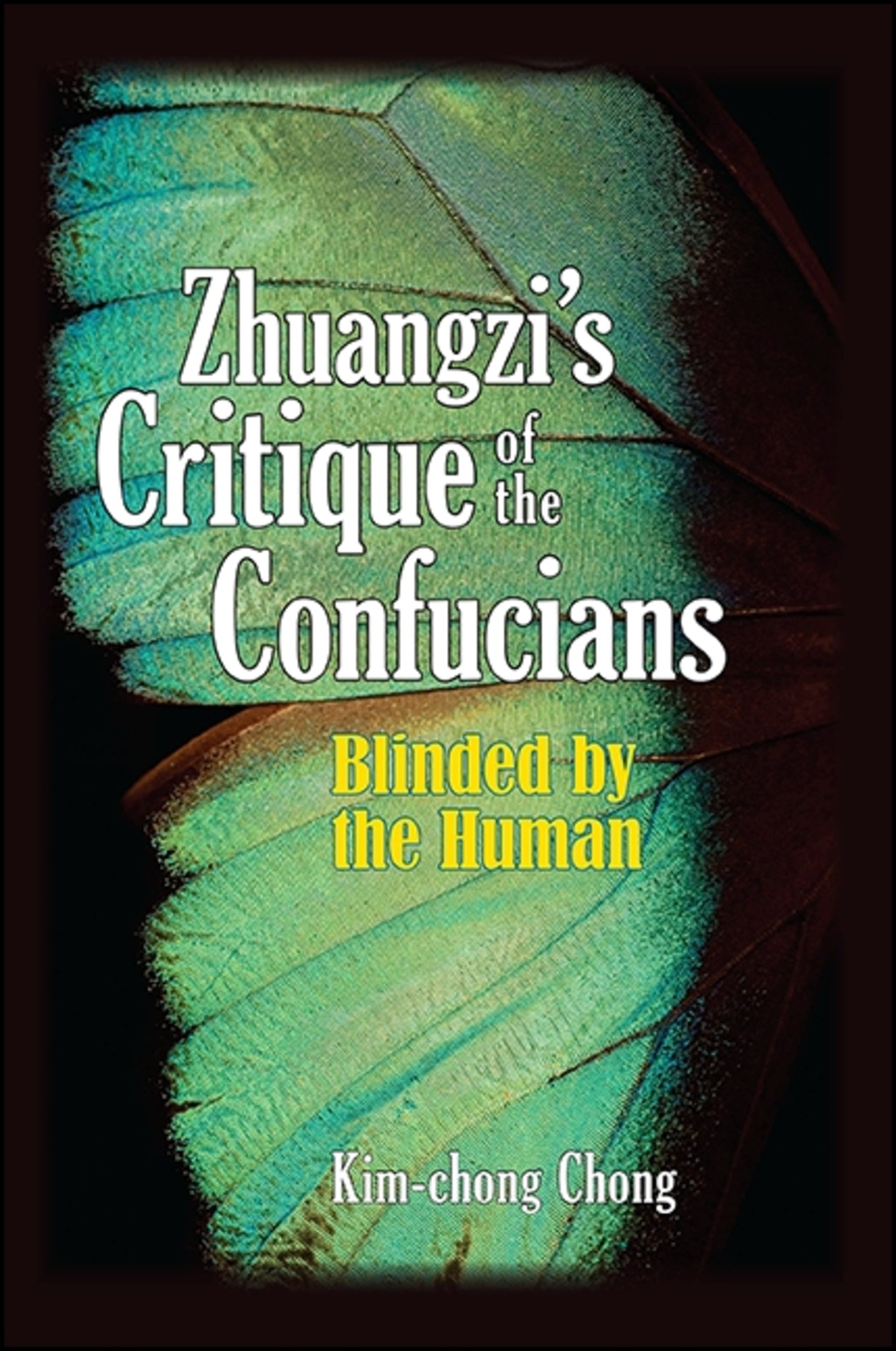We're sorry. An error has occurred
Please cancel or retry.
Zhuangzi's Critique of the Confucians

Some error occured while loading the Quick View. Please close the Quick View and try reloading the page.
Couldn't load pickup availability
- Format:
-
02 July 2017

Looks at the Daoist Zhuangzi's critique of Confucianism.
The Daoist Zhuangzi has often been read as a mystical philosopher. But there is another tradition, beginning with the Han dynasty historian Sima Qian, which sees him as a critic of the Confucians. Kim-chong Chong analyzes the Inner Chapters of the Zhuangzi, demonstrating how Zhuangzi criticized the pre-Qin Confucians through metaphorical inversion and parody. This is indicated by the subtitle, "Blinded by the Human," which is an inversion of the Confucian philosopher Xunzi's remark that Zhuangzi was "blinded by heaven and did not know the human." Chong compares Zhuangzi's Daoist thought to Confucianism, as exemplified by Confucius, Mencius, and Xunzi. By analyzing and comparing the different implications of concepts such as "heaven," "heart-mind," and "transformation," Chong shows how Zhuangzi can be said to provide the resources for a more pluralistic and liberal philosophy than the Confucians.


"…a breath of fresh air." — Dao
Acknowledgments
Frequently Cited Works
Introduction
1. Blinded by Heaven
2. The Pre-Established Heart-Mind
3. The Transformation of Things
4. Zhen—Some Normative Concerns
5. The "Facts" of Human Construction
6. Metaphor in the Zhuangzi and Theories of Metaphor
7. Conclusion: Self, Virtue (De), and Values in the Zhuangzi
Notes
Bibliography
Index



